

2019-06-07 04:02:05 Fri ET
technology social safety nets education infrastructure health insurance health care medical care medication vaccine social security pension deposit insurance
The world seeks to reduce medicine prices and other health care costs to better regulate big pharma. Nowadays the Trump administration requires pharmaceutical companies to disclose medicine prices in U.S. television ads. Proponents support more transparent disclosures of medicine prices and other health care costs. Yet, other industry groups argue that astronomical medicine prices may inadvertently discourage patients because many specialty medications are not so affordable.
In recent times, the World Health Organization (WHO) discusses universal health care, antimicrobial resistance, and the impact of climate change on global health. A major topic pertains to the high prices of new specialty medicines. For instance, the immuno-oncology medicine Keytruda costs $13,600 per month for continual cancer treatment. Also, the specialty medicine for cystic fibrosis, Orkambi, costs $23,000 per month. In America, many diabetics die primarily due to the high costs of insulin. The Trump administration encourages multinational big pharma firms to reduce medicine prices in America. with healthy price hikes elsewhere, whereas, high health care costs in general, and astronomical specialty medicine prices in particular, remain a widespread problem worldwide. On balance, the government should enforce medicine price reductions to enrich the economic lives of patients around the world.
If any of our AYA Analytica financial health memos (FHM), blog posts, ebooks, newsletters, and notifications etc, or any other form of online content curation, involves potential copyright concerns, please feel free to contact us at service@ayafintech.network so that we can remove relevant content in response to any such request within a reasonable time frame.
2018-11-03 11:36:00 Saturday ET
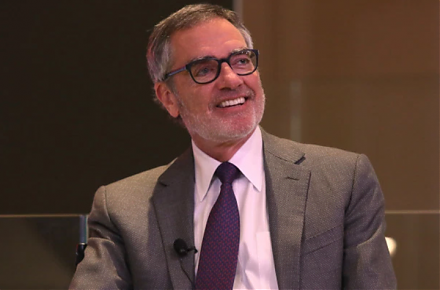
Apple adds fresh features to its new iPad Pro and MacBook Air in addition to its prior suite of iPhone XS, iPhone XS Max, and iPhone XR back in September 20
2023-05-28 10:24:00 Sunday ET

Thomas Piketty connects the dots between economic growth and inequality worldwide with long-term global empirical evidence. Thomas Piketty (2017) &nbs
2019-01-04 11:41:00 Friday ET
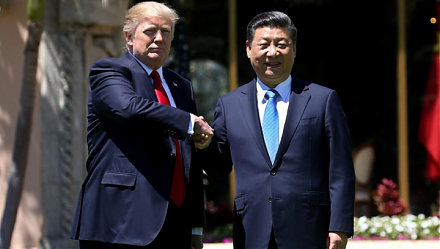
Chinese President Xi JingPing calls President Trump to reach Sino-American trade conflict resolution. Xi sends a congratulatory message to mark 40 years sin
2019-05-13 12:38:00 Monday ET
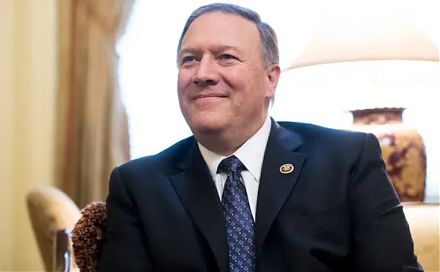
Brent crude oil prices spike to $70-$75 per barrel after the Trump administration stops waiving economic sanctions on Iranian oil exports. U.S. State Secret
2018-12-20 13:40:00 Thursday ET
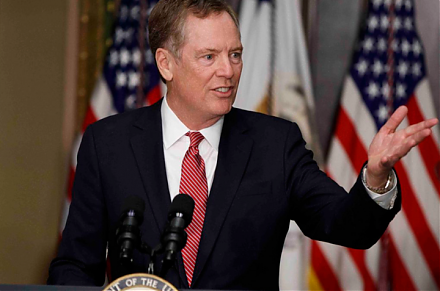
T-Mobile and Sprint indicate that the U.S. is likely to approve their merger plan as they take the offer from foreign owners to stop using HuaWei telecom te
2018-11-27 10:37:00 Tuesday ET
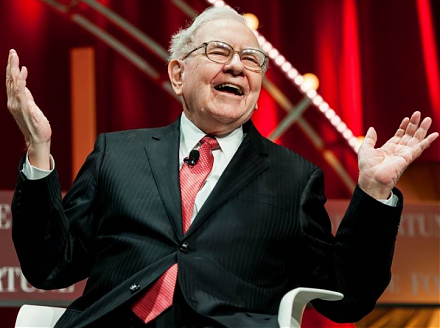
Warren Buffett offloads a few stocks from the Berkshire Hathaway portfolio in mid-November 2018. The latest S.E.C. report shows that the Oracle of Omaha sol